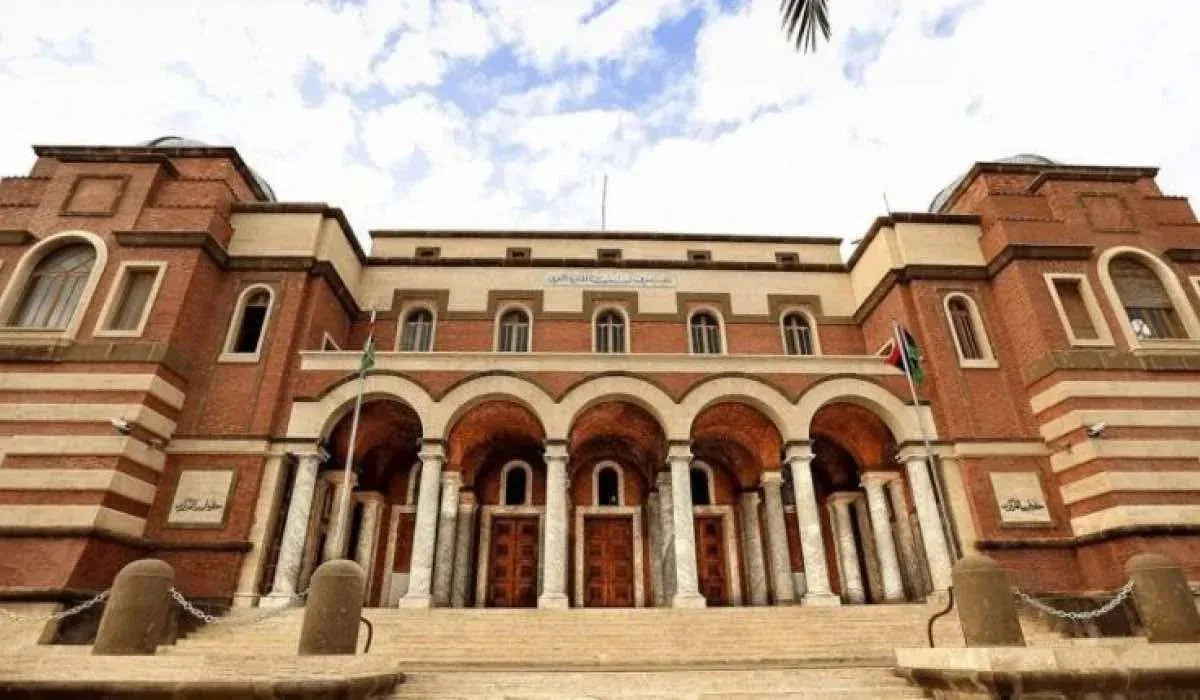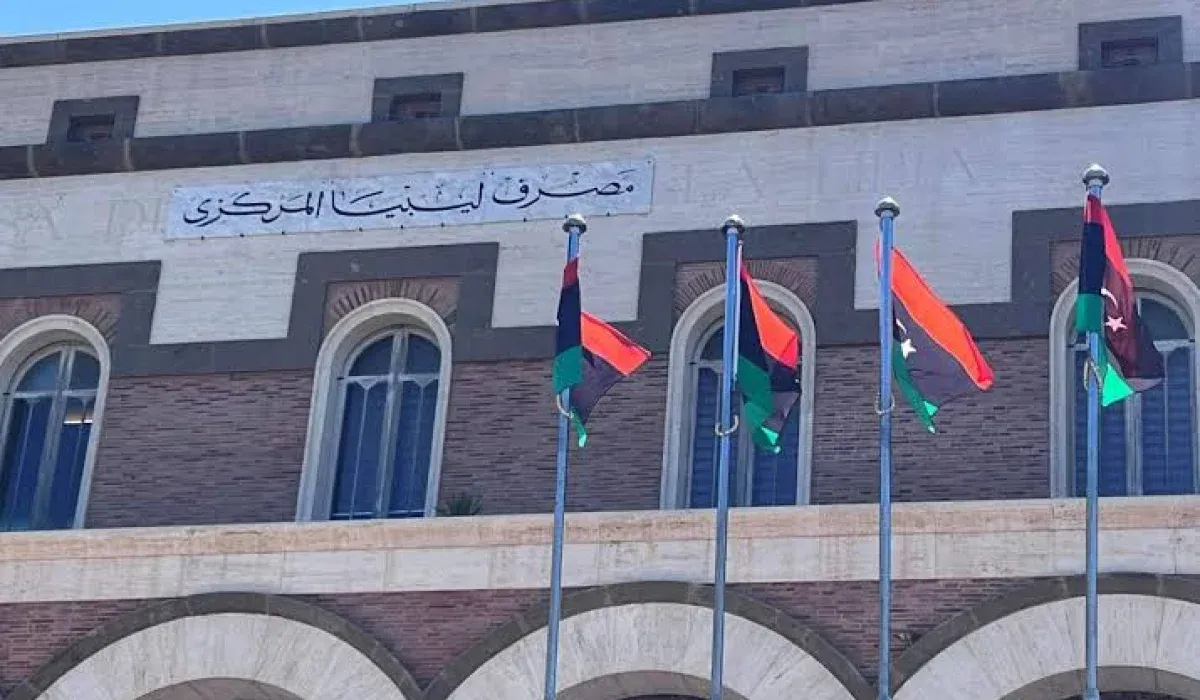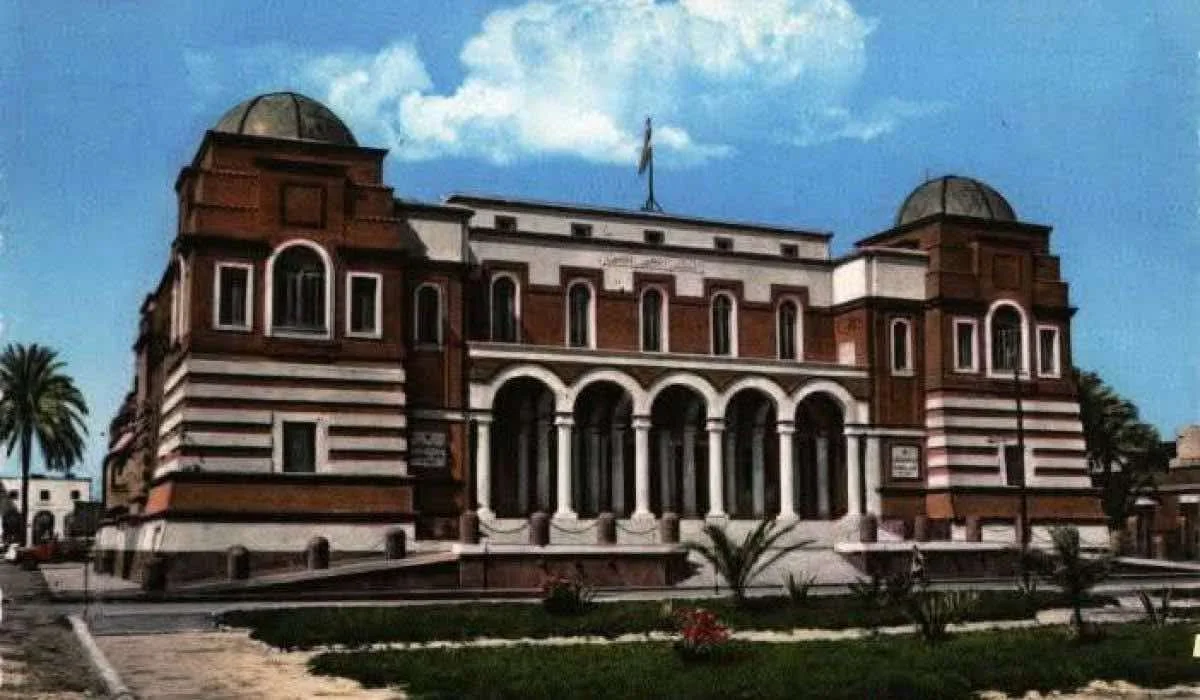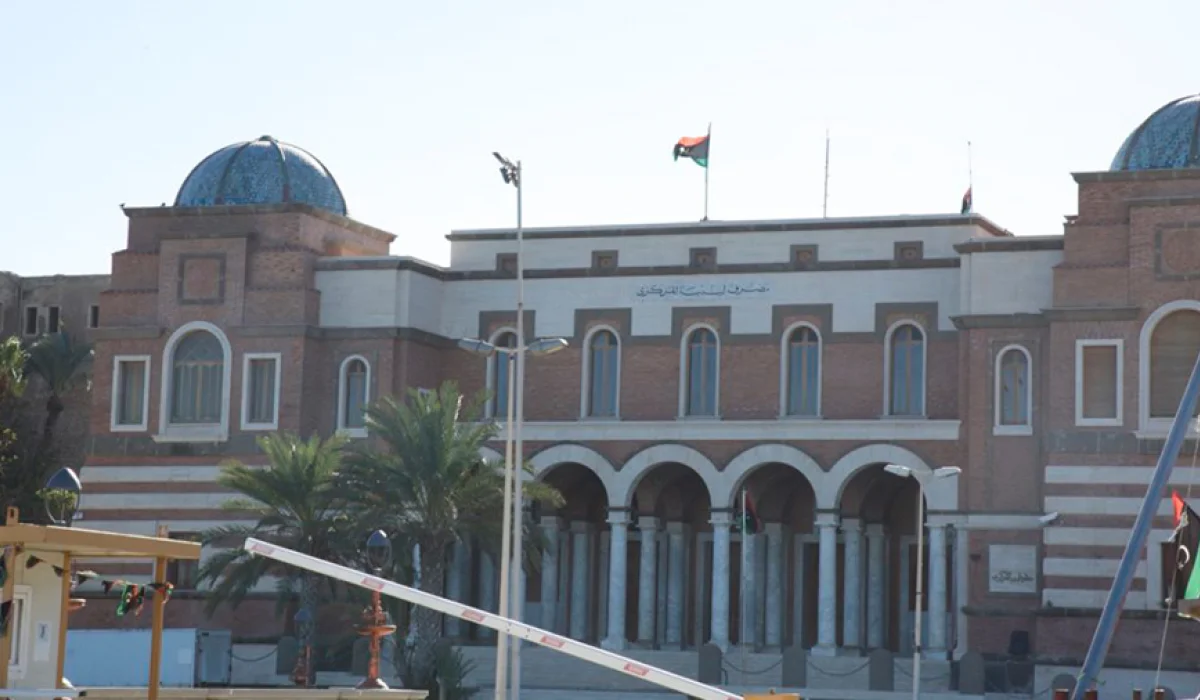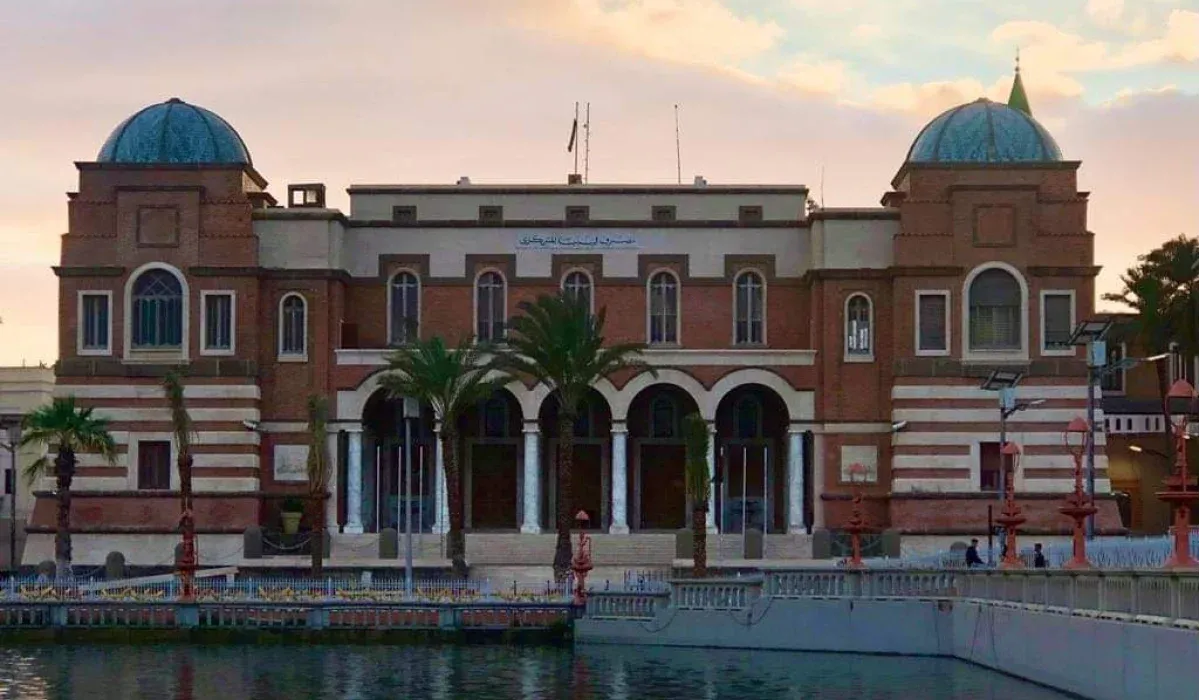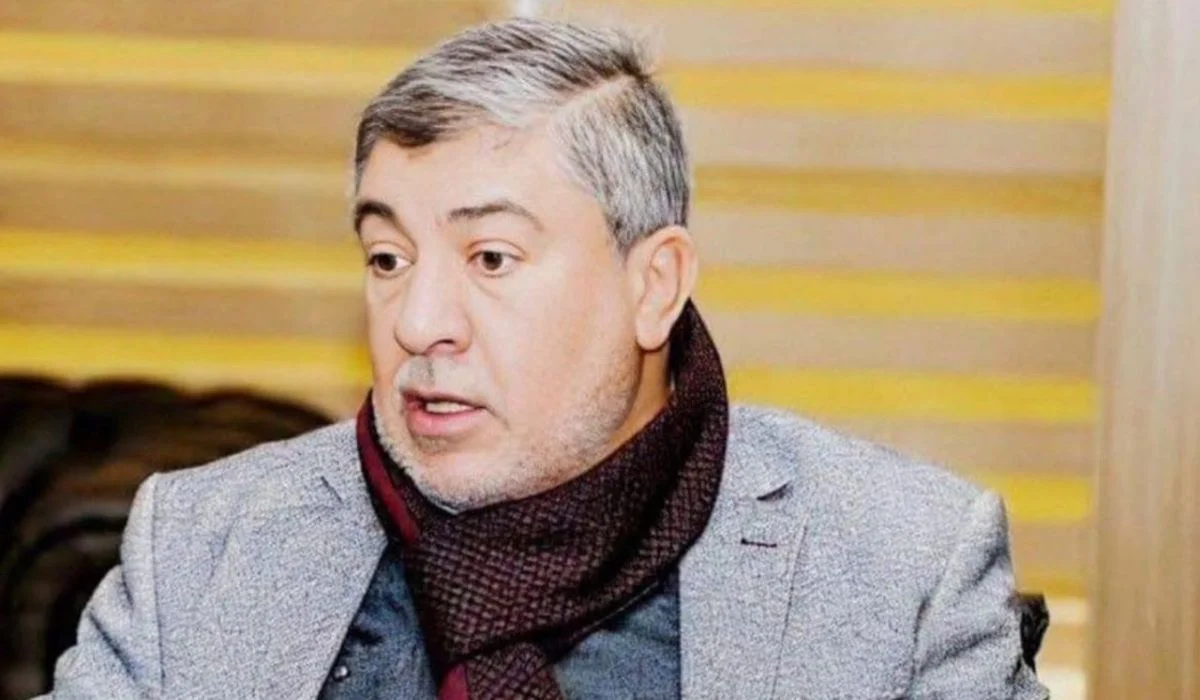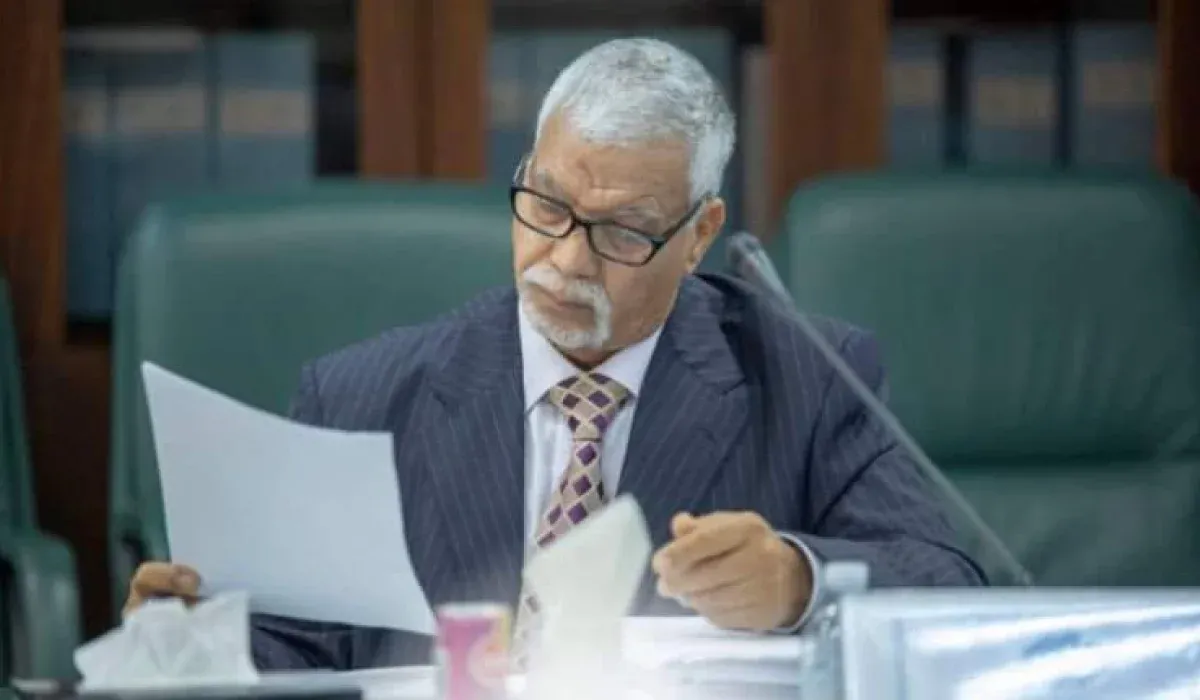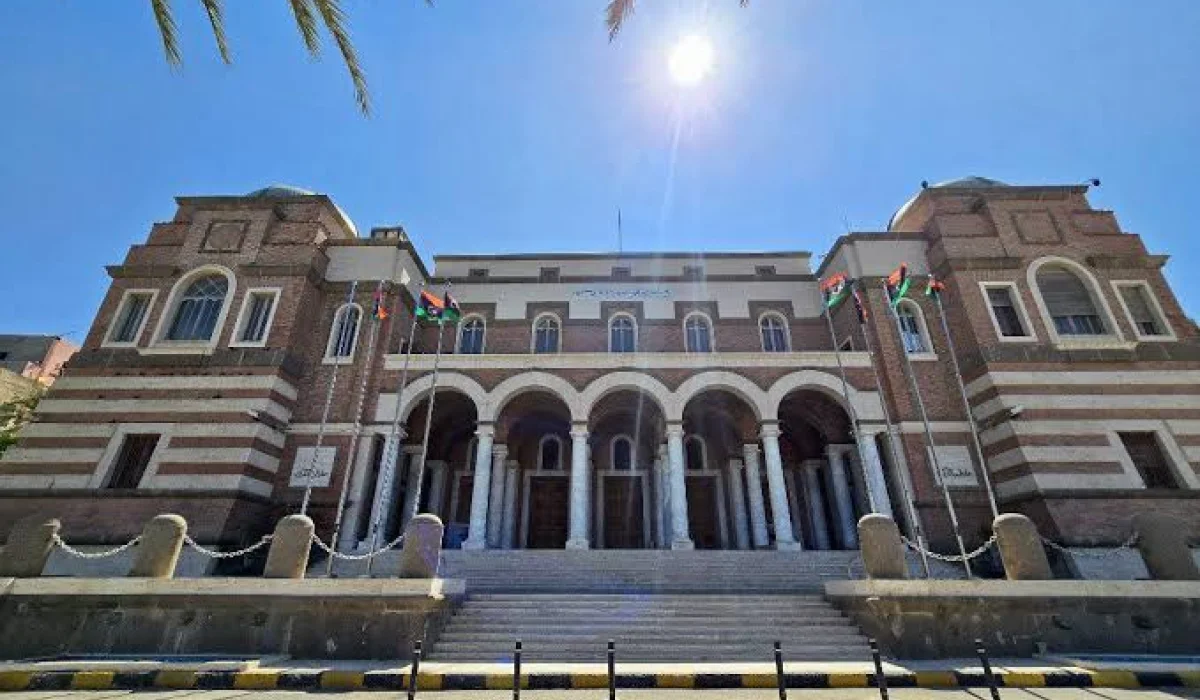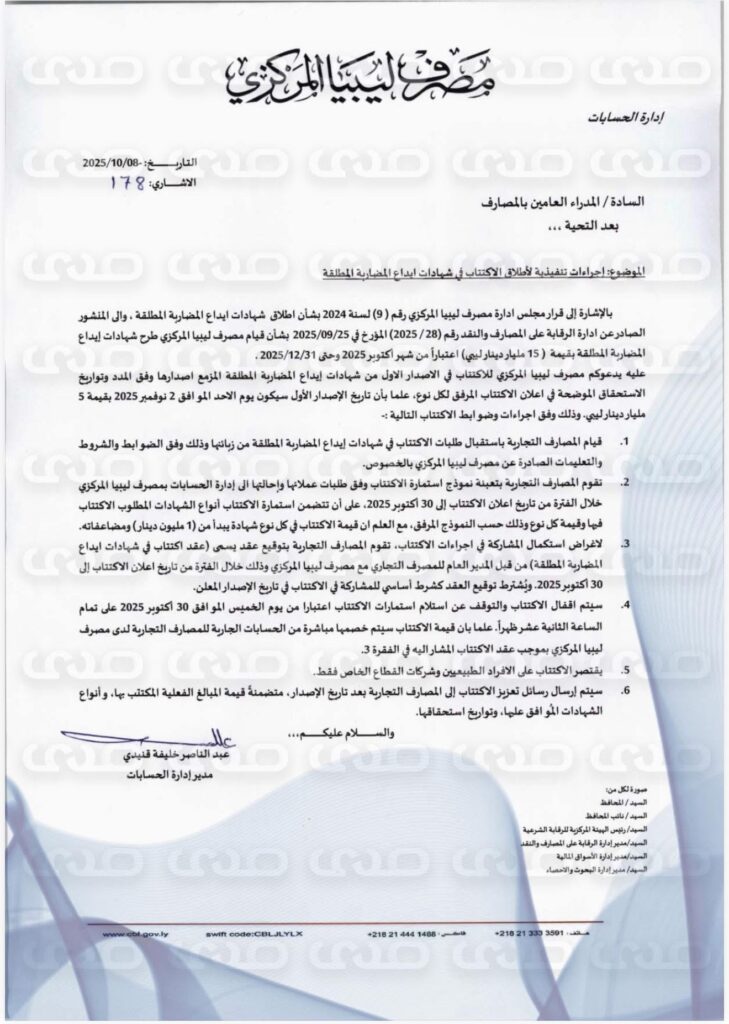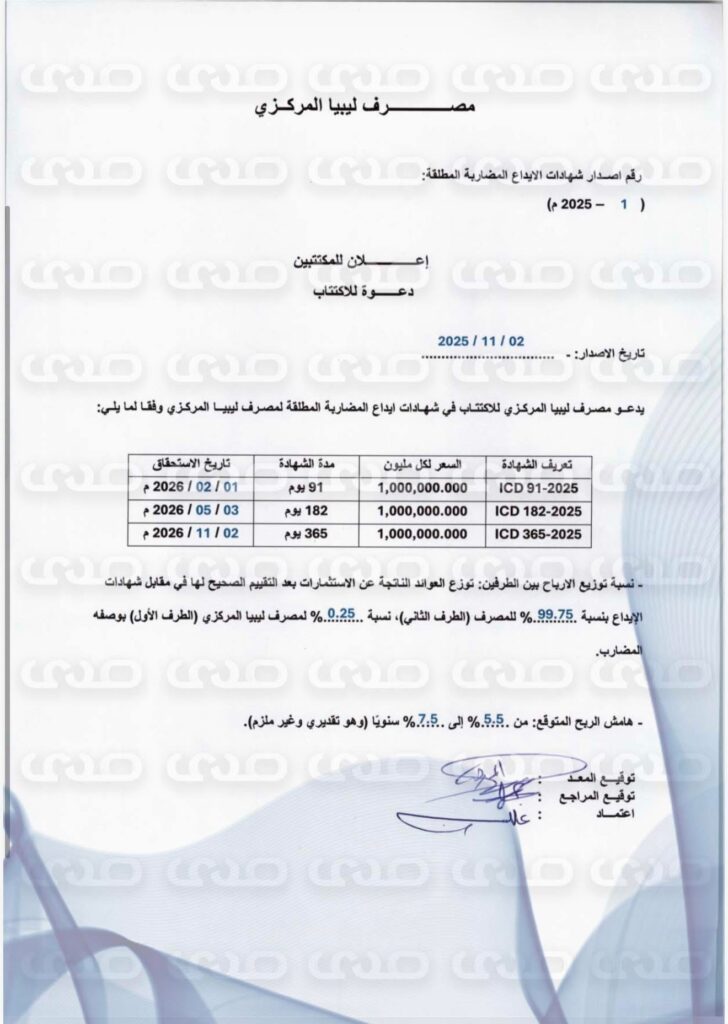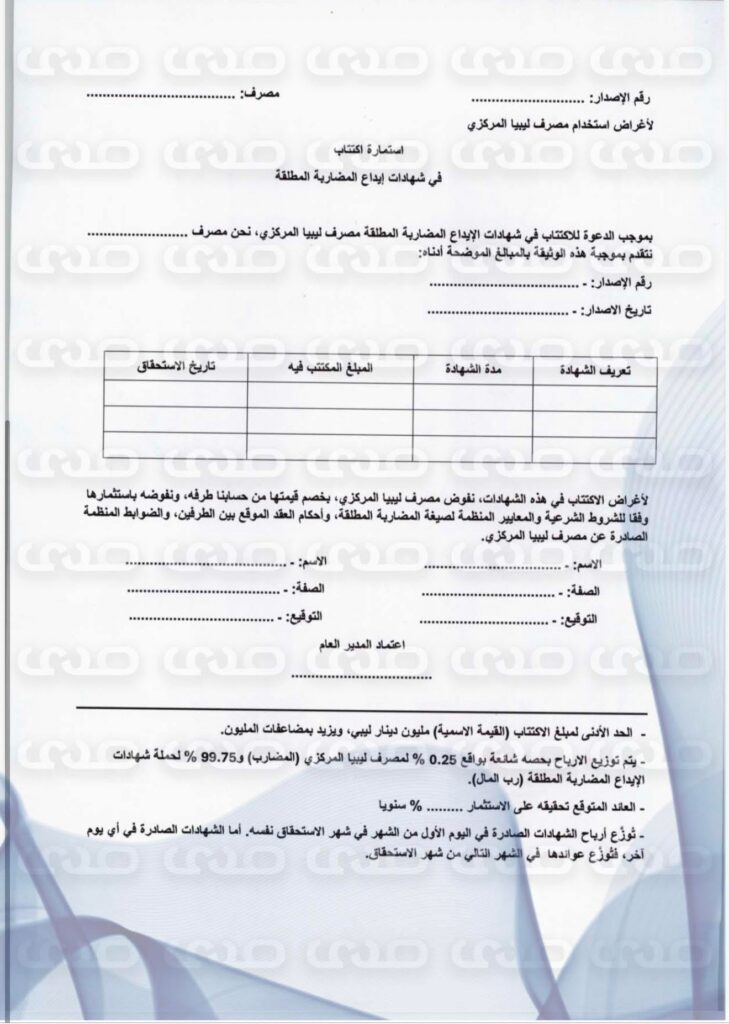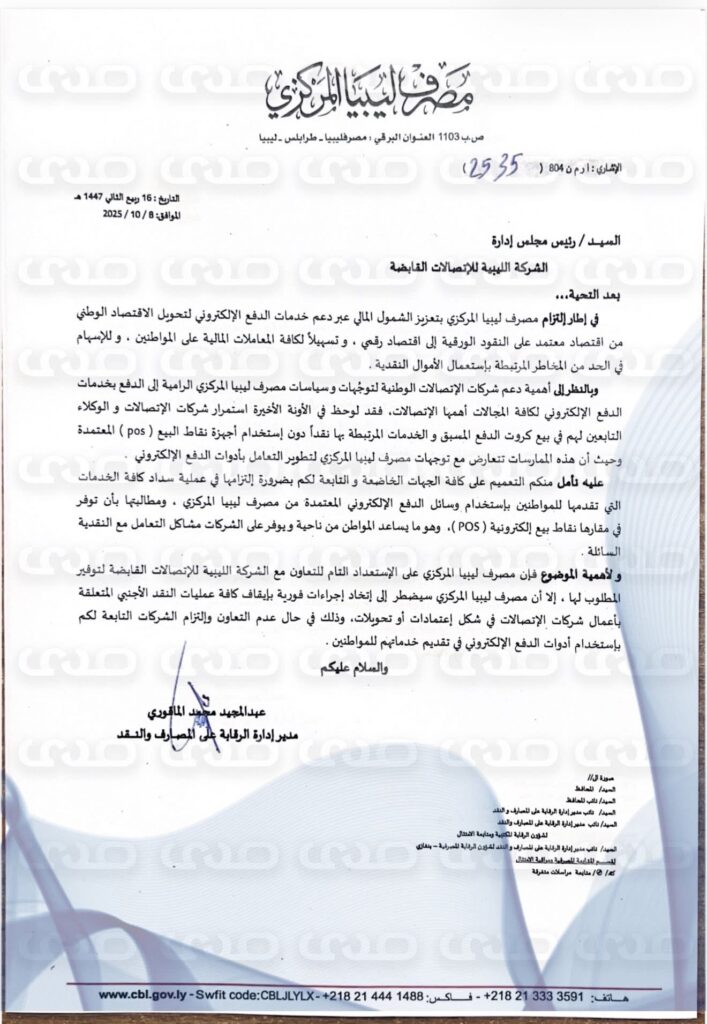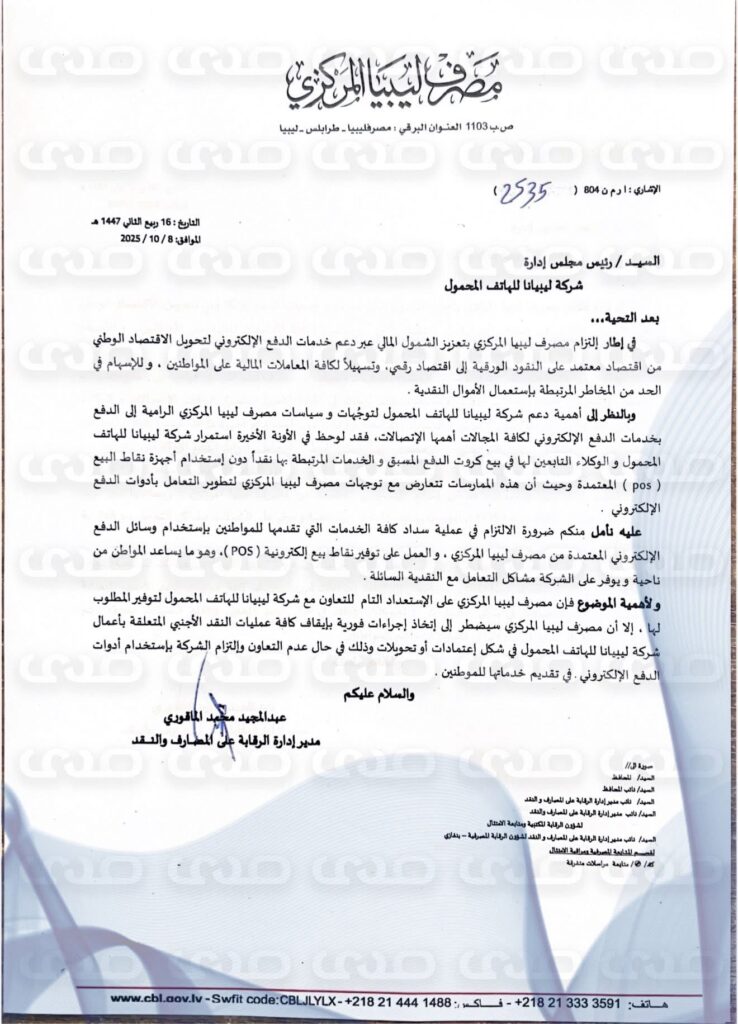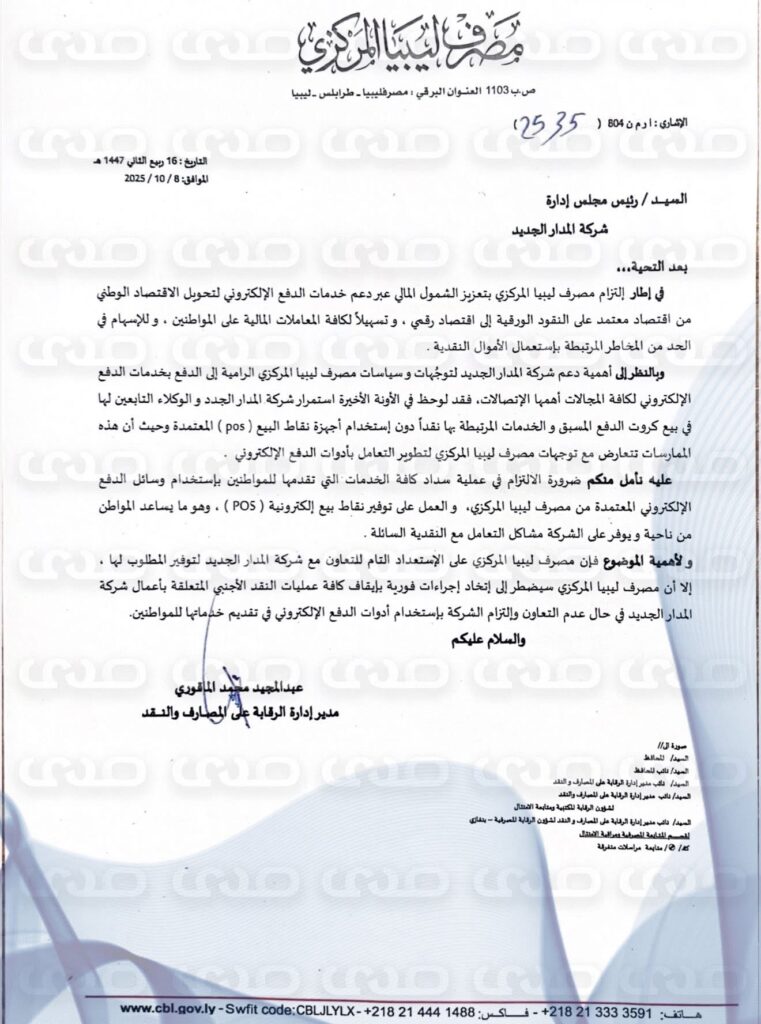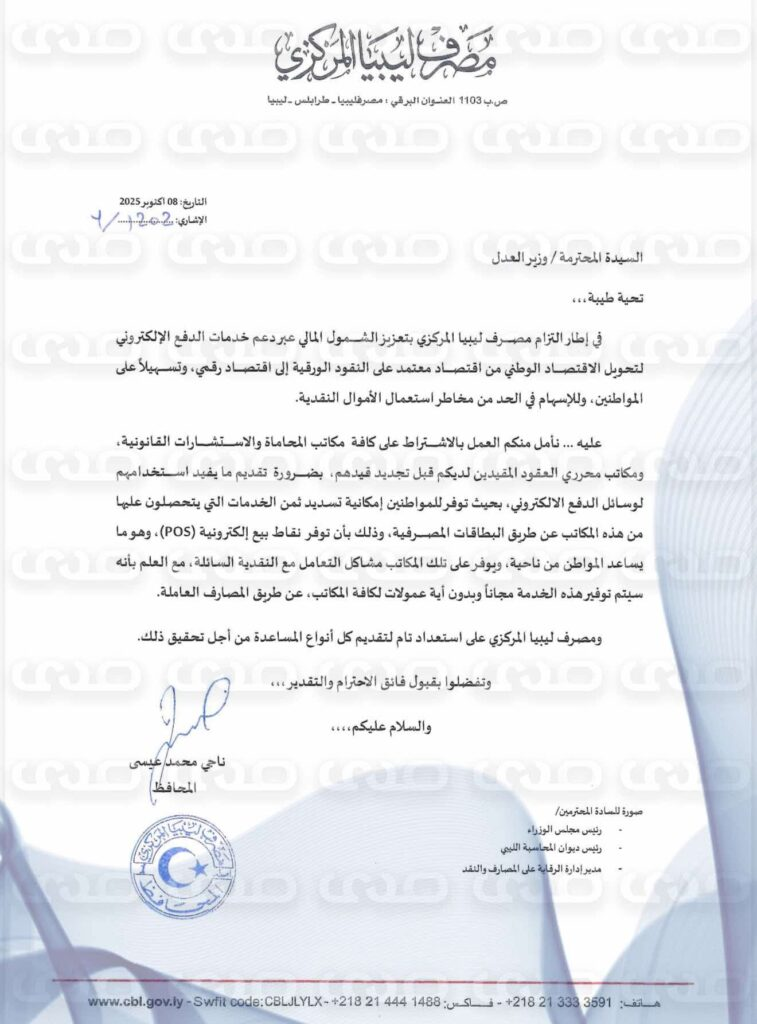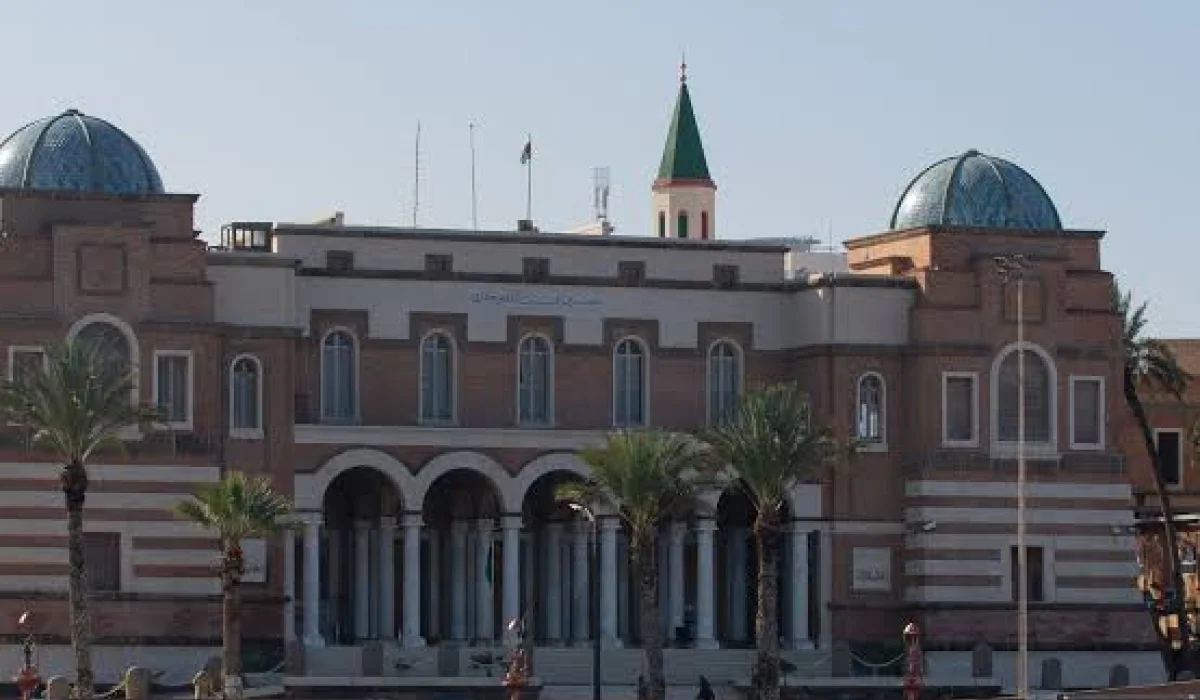By Economic Expert Ibrahim Wali:
The central bank is not merely a governor, a deputy governor, and a group of employees — it is a collective of minds possessing scientific knowledge and vast experience in monetary, economic, and legal affairs. These minds operate within an institution endowed with broad powers and independence in the exercise of its functions, aimed at achieving the objectives universally recognized by advanced economies as the purposes of central banks. With this definition, the capacity and effectiveness of a central bank in fulfilling its mission can be determined.
The central bank serves as an observer and monitor of developments in the field of central banking — locally, regionally, and globally. There has been a growing global tendency toward greater independence of central banks. Countries such as Germany, the United States, the Netherlands, Switzerland, Sweden, New Zealand, and France, among many other developed nations, have enacted legal reforms granting their central banks both structural and functional independence from the executive branch. This elevated their central banks to the status of autonomous authorities responsible for setting monetary policies and engaging with political institutions on policy decisions. Similarly, parliaments in several European Union countries have amended their laws to establish central bank independence from their respective governments.
Alongside this trend toward independence is another equally significant movement — meritocracy — which emphasizes competence and expertise in selecting central bank leaders with comprehensive knowledge and long experience in banking, particularly central banking, as well as in related economic, monetary, financial, and even legal fields. For example, officials at the German Bundesbank and the U.S. Federal Reserve consider central banking an art that cannot be learned through theory alone but must be refined through talent, education, and experience. This combination — independence and professional excellence — is the key factor behind the success of many leading central banks whose decisions are followed daily by millions worldwide, especially in monetary and banking circles.
A truly capable and effective central bank must therefore align with the global movement toward independence and meritocracy in leadership selection. Unfortunately, many Arab countries still lack central banks in the proper institutional sense, as these institutions often fall short of the technical and professional capabilities required to play an active role in managing monetary and banking affairs.
Although some Arab nations have taken modest steps to enhance the independence of their central banks, the desired autonomy — particularly in monetary policymaking and execution — remains largely absent. In many Arab countries, central bank laws still require the approval of the Minister of Finance or the Minister of Economy for monetary policy decisions. In some cases, even decisions regarding currency regulation and banking supervision need ministerial consent. Such governmental interference often prevents or alters sound decisions the central bank seeks to make.
Even more concerning, some laws stipulate that the appointment of governors and deputy governors must be based on nominations from ministers or heads of state. These laws also restrict central banks from adopting their own internal regulations — covering staffing, accounting, and administration — without ministerial approval.
Furthermore, many Arab central banks suffer from a shortage of highly qualified staff in central banking operations. This is largely due to the uncompetitive compensation compared to commercial banks and other financial institutions. It is unacceptable that the personnel responsible for setting critical monetary policies should be less skilled and experienced than those in the private sector. Otherwise, how can a central bank effectively supervise or guide the banking system?
Libya’s experts in economics, finance, and law — well-versed in banking affairs — established Law No. (1) of 2005 and its amendments on banks, whose Article (1) clearly states:
“The Central Bank of Libya is an independent institution enjoying legal personality and financial autonomy.”
However, the reality on the ground tells a different story.
Since the armed incursion into the Central Bank of Libya, the institution has become exposed to exploitation by various actors and power brokers. Its prestige as the “bank of banks” has diminished, and its leadership — including the governor, the board, and staff — faces continuous pressure and threats from individuals unfamiliar with banking laws or the central bank’s purpose.
It is time to liberate the Central Bank of Libya from such interference — whether from governmental bodies, the House of Representatives, or the High Council of State — and to end parallel spending, which has obstructed the bank’s ability to achieve the goals set forth in the Banking Law. At the same time, coordination must be maintained among the monetary, fiscal, and trade policies — including the long-dormant Ministry of Economy — to ensure alignment with national economic objectives.
The time has come for the Central Bank of Libya to make independent decisions freely, to resolve the liquidity crisis, stabilize the exchange rate, and improve banking services for ordinary citizens.
It is also time to reform the human resources system of the Central Bank to include competitive financial and non-financial incentives that attract — rather than repel — skilled professionals and experts.
If the situation continues as it is, there will soon be no governor, no board of directors, no employees — and ultimately, no Libyan banking sector at all, returning the country to square one. God forbid.



